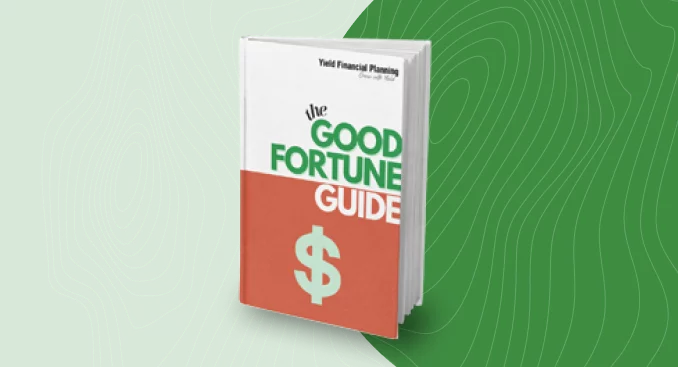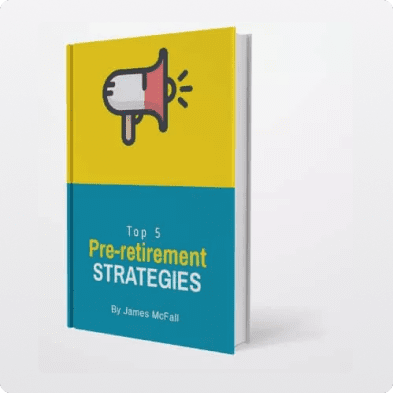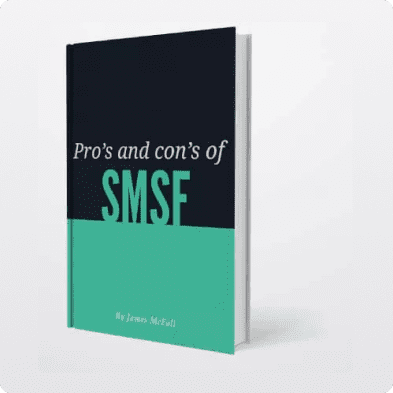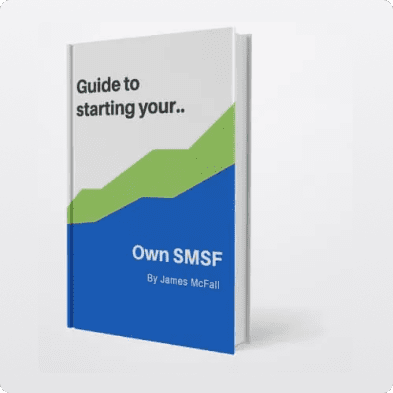When your parents or grandparents pass on and leave behind their possessions as an inheritance, it becomes a significant chapter in your financial story. As you consider what you’ll do with your inheritance, you should also be asking yourself about any potential taxes. Because keeping tax to a minimum, can lead to more money in your pocket ultimately.
Fortunately, Australia does not have inheritance tax, however this does not mean inheritance in Australia is tax free. As a financial advisor for over a decade, I’ve seen many inheritance journeys unfold. Each time has its own twists and turns and careful tax planning early on, can improve your final position.
So, Where Do The Potential Tax Bumps Come In? Here are Some Key Areas to be Aware of:

Capital Gains Tax (CGT): This tax applies when you sell an asset that has increased in value since it was acquired. It applies to inherited assets just like any other. Let’s say you inherit your grandma’s beach house, which she bought for $100,000 in 1980. Now, it’s worth a round million! If you sell it for that price, you’ll trigger a CGT event, and the $900,000 gain will be assessed. However, there are exemptions for inherited properties you may be eligible to and these exemptions come with a careful evaluation of a lots of factors, including:
- Did the deceased die and acquire the property before CGT started on 20 September 1985?
- Did you inherit the property after 20 August 1996?
- From the time the deceased acquired the property until their death, was the property their main residence and not used to produce income?
- Just before the deceased died, was the property their main residence and not used to produce income?
- Did you dispose of the property within 2 years?
Depending on the answers to these questions and others, it might influence the CGT payable in the end. Careful consideration of your own personal tax position is also critical as tax minimisation strategies can be considered.
CGT is often the biggest tax impact of inheritance and while it can be a little easier to accept tax on an inheritance, because it is a windfall gain, it is always wise to carefully review your options to keep tax to a minimum. Seeking expert advice will help you understand your options.
Income Tax on Income-Generating Assets: This applies to any income-generating assets you inherit, like rental properties or shares. Did you inherit Grandpa’s share portfolio instead of the beach house? If those shares pay dividends, you’ll need to include those dividends in your taxable income as usual. Understanding how this impacts your taxable income for the year, may afford tax minimisation strategies, like additional superannuation contributions for example.
Superannuation Death Benefits: Inheriting superannuation benefits can also have tax implications, depending on various factors like your age, relationship to the deceased, how you choose to receive the benefit – as a lump sum or an income stream and if you’re a tax dependent. The good news is, there are exemptions too. As a simple example if you’re legally considered a “death dependent” for tax purposes, any death benefits you receive from superannuation will be tax-free! While the basics are simple, navigating the intricacies of super death benefits can get tricky. It’s always wise to get professional advice which could save you time and trouble.
How Much Tax Will You Pay For Your Inheritance?
This starts with a closer look at your situation and the specifics of your windfall. Breathe easy! Yield will help you achieve financial clarity and peace of mind and can work with your other trusted advisors to make your inheritance windfall work for your family.
Contact us today for a no obligation discussion with one of our inheritance experts.





















